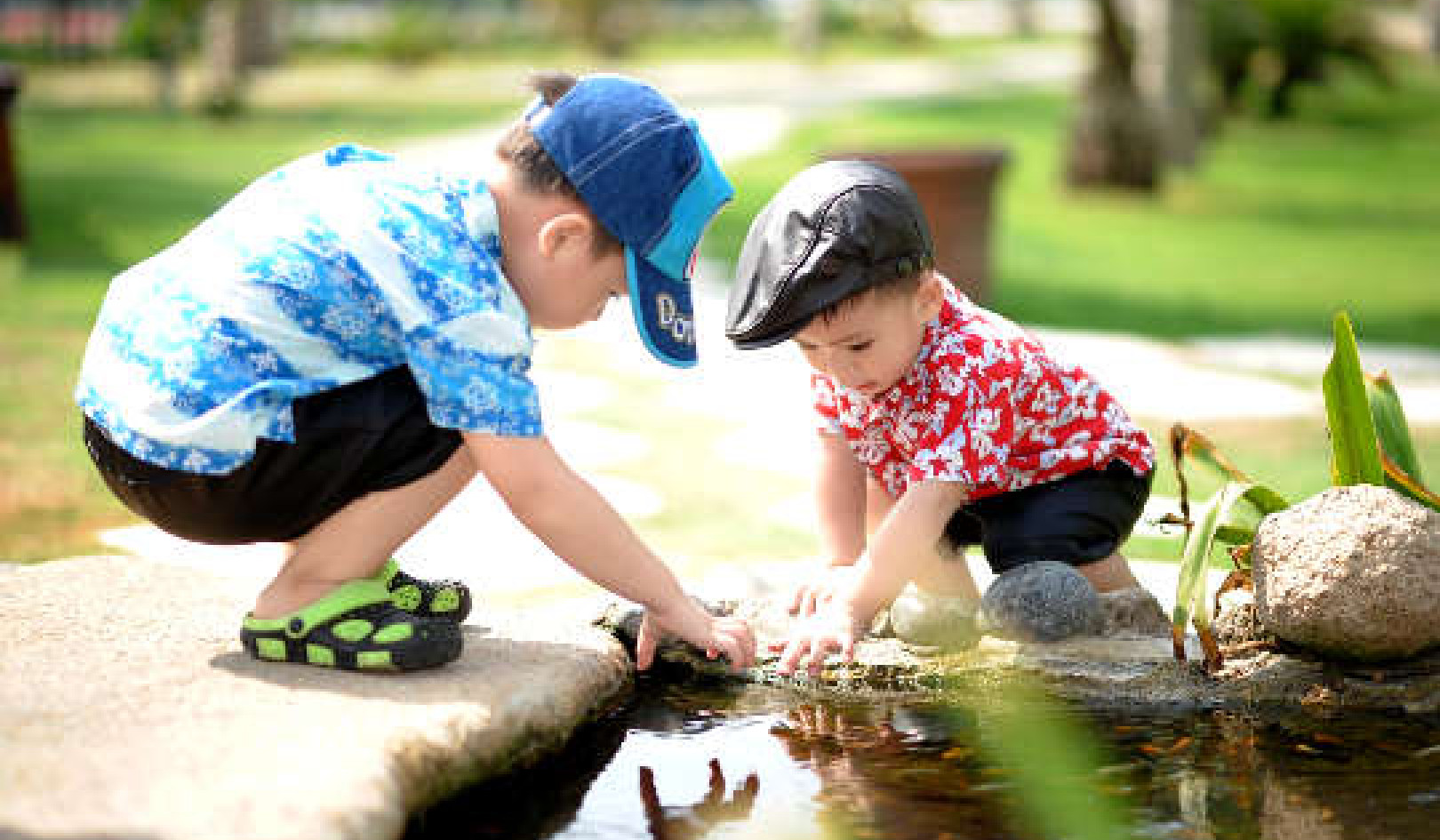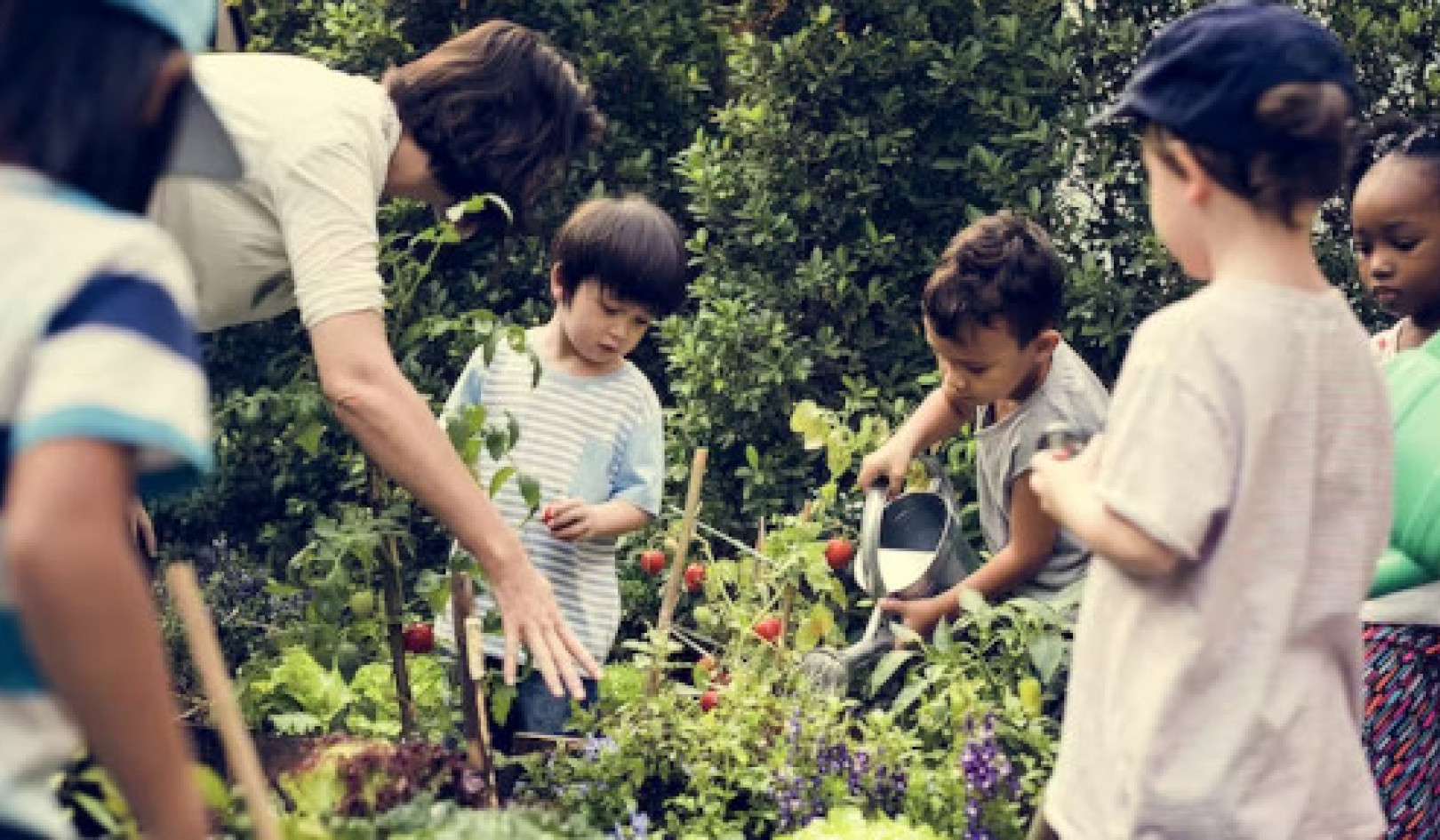Written and Narrated by Carmen Viktoria Gamper.
Editor's Note: While this article is written with children in mind, its precepts may be applied to "non-children" as well.
Children aren’t born with social skills. Children don’t need to learn how to learn but they do need guidance in socializing. They may naturally respect you as their significant caregiver, they may intuitively know about dignity, but they don’t know yet how to express this respect with words and deeds.
Socially respected behavior is learned behavior and some of it (for instance, table manners) varies by culture, faith or family. When we help children become aware of the unwritten rules of common courtesy, we give them valuable tools that help them navigate through life.
Many times, whenever necessary, kindly inform children that a person who shows respect to others through kindness is much more likely to be welcome anywhere they go. Social skills will help children make friends, mediate conflicts, adapt to various environments, and talk with teachers and other adults. Knowing about politeness helps them ask for what they need and graciously say no to unwanted offers. In Montessori terms, this area of learning for a child is called Grace and Courtesy.
When children feel emotionally safe, they want to learn what others...
Continue Reading at InnerSelf.com (plus audio/mp3 version of article)
Music By Caffeine Creek Band, Pixabay
About the Author
 Carmen Viktoria Gamper has worked internationally as an educator, advisor, coach and speaker for child-centered education. As founder of the New Learning Culture program, she supports parents, homeschooling families and schools in safely offering child-directed, flow-rich learning environments.
Carmen Viktoria Gamper has worked internationally as an educator, advisor, coach and speaker for child-centered education. As founder of the New Learning Culture program, she supports parents, homeschooling families and schools in safely offering child-directed, flow-rich learning environments.
She is the author of: Flow to Learn: A 52 Week Parent's Guide to Recognize and Support Your Child's Flow State - the Optimal Condition for Learning (New Learning Culture Publishing, March 27, 2020). Learn more at flowtolearn.com.




























